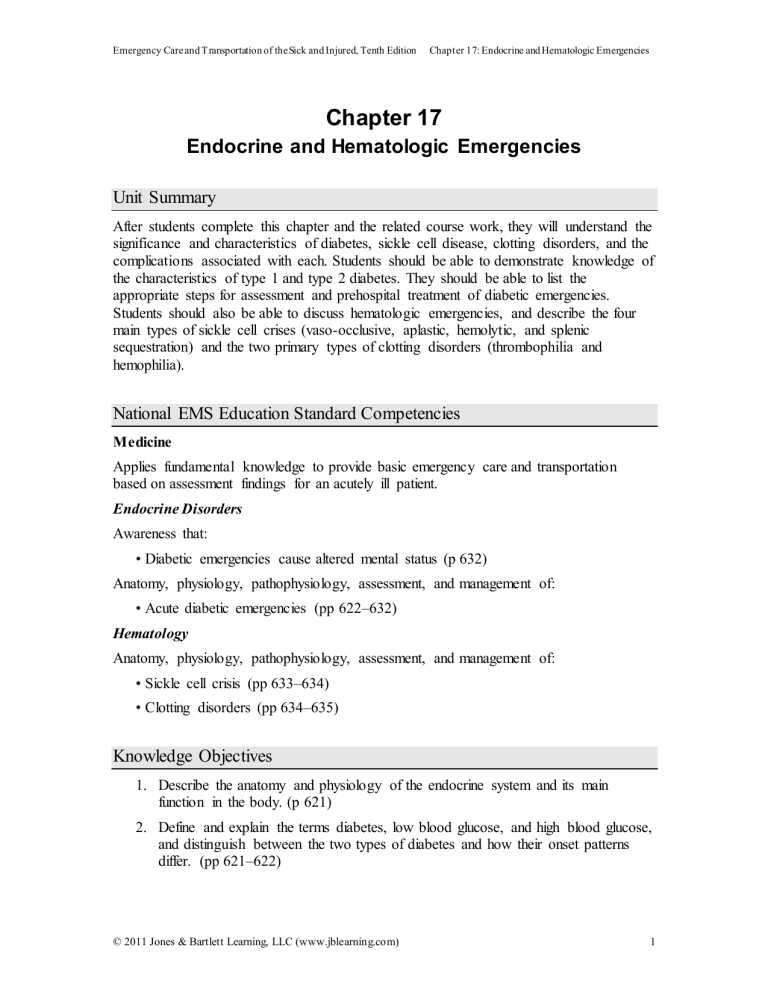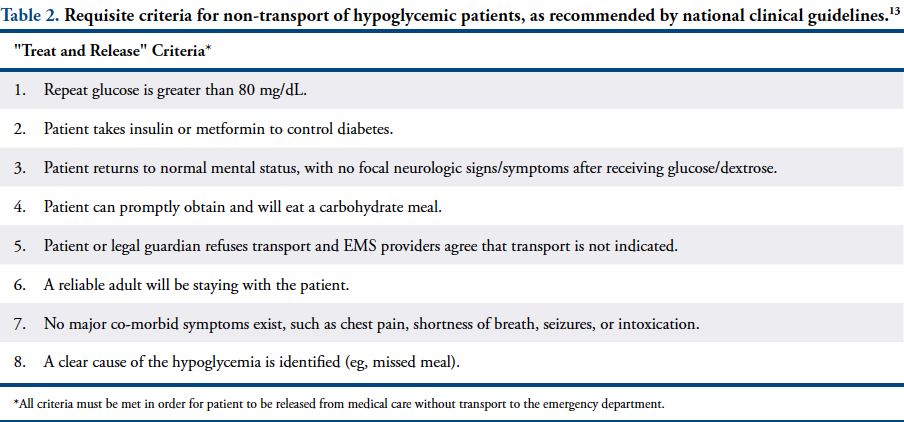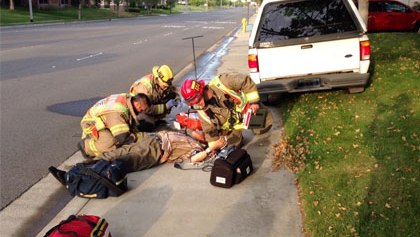Hypoglycemia is defined as a blood glucose measurement below 60 mgdL in NASEMSOs National Model EMS Clinical Guidelines. Children cannot store excess glucose as effectively as adults.

Chapter 17 Endocrine And Hematologic Emergencies
Illness or injury causes the pancreas to produce less insulin.

. Identification of hypoglycemia requires a thorough patient history and physical examination including measurement of. High blood glucose levels. The EMT should assess for hypoglycemia in small children with a severe illness or injury because.
Children cannot store excess glucose as effectively as adults. The accumulation of ketones and fatty acids in blood tissue can lead to a dangerous condition in diabetic patients known as. Children cannot store excess glucose as effectively as adultsB.
The EMT should assess for hypoglycemia in small children with a severe illness or injury because. Children cannot store excess glucose as effectively as adults. And deep rapid breathing may have a condition known as __________.
The EMT should assess for hypoglycemia in small children with a severe illness or injury because. The EMT should assess for hypoglycemia in small children with a severe illness or injury because. The EMT should assess for hypoglycemia in small children with a severe illness or injury because.
Children overproduce insulin during severe illness or injury. Hypoglycemia may occur as a complication of diabetes treatment although causes are varied. Children cannot store excess glucose as effectively as adults.
Children cannot store excess glucose as effectively as adults. Children overproduce insulin during severe illness or injury. What is children cannot store excess glucose as effectively as adults 600.
When assessing a patient with abdominal pain you should. The EMT should assess for hypoglycemia in small children with a severe illness or injury because. What is children cannot store excess glucose as effectively as adults 600.
- illness or injury causes the pancreas to produce less insulin. Illness or injury causes the pancreas to produce less insulin. Several conditions mimic or look like stroke.
Answer children cannot store excess glucose as effectively as adults. A patient with an altered mental status. In a 180-day period spanning from late 2017-early 2018 EMS.
The EMT should assess for hypoglycemia in small children with a severe illness or injury because. Illness or injury causes the pancreas to produce less insulin. The EMT should assess for hypoglycemia in small children with a severe illness or injury because.
Children cannot store excess glucose as effectively as adults. High blood glucose levels. The EMT should assess for hypoglycemia in small children with a severe illness or injury because.
The EMT should assess for hypoglycemia in small children with a severe illness or injury because. A childs cells do not uptake glucose as rapidly as adults do. The EMT should assess for hypoglycemia in small children with a severe illness or injury because.
Top takeaways for prehospital care of diabetic patients after filtering 25 million EMS encounters in the EMS Index. The EMT should assess for hypoglycemia in small children with a severe illness or injury because. Children cannot store excess glucose as effectively as adults.
- a childs cells do not uptake glucose as rapidly as adults do. Remember the two things hypoglycemia and seizures that can often look like stroke in this EMS1 training video from Steve Whitehead. Children overproduce insulin during severe illness or injury.
Children cannot store excess glucose as effectively as adults 16. A childs cells do not uptake glucose as rapidly as adults do. - children overproduce insulin during severe illness or injury.
Children overproduce insulin during severe illness or injury. For a patient confirmed to be hypoglycemic several options for prehospital treatment exist. Oral glucose intravenous IV or intraosseous IO dextrose and intramuscular IM or intranasal IN.
Children cannot store excess glucose as effectively as adults. The correct answer is. Neurological assessment should include Glasgow Coma Score GCS mental status and focal motor or sensory deficits.
Children cannot store excess glucose as effectively as adults. Classic signs and symptoms of hypoglycemia include. A childs cells do not uptake glucose as rapidly as adults do.
Children overproduce insulin during severe illness or injury. The EMT should assess for hypoglycemia in small children with a severe illness or injury because. Children overproduce insulin during severe illness or injury.
The EMT should assess for hypoglycemia in small children with a severe illness or injury because. Children cannot store excess glucose as effectively. A childs cells do not uptake glucose as rapidly as adults do.
And deep rapid breathing may have a condition known as __________. A patient with an altered mental status. The EMT should assess for hypoglycemia in small children with a severe illness or injury because.
The EMT should assess for hypoglycemia in small children with a severe illness or injury because.

Blood Glucose Test For Altered Mental Status

Chapter 19 Endocrine And Hematologic Emergencies Flashcards Quizlet

Prehospital Management Of Hypoglycemic Emergencies The Journal Of Collegiate Emergency Medical Services
0 Comments